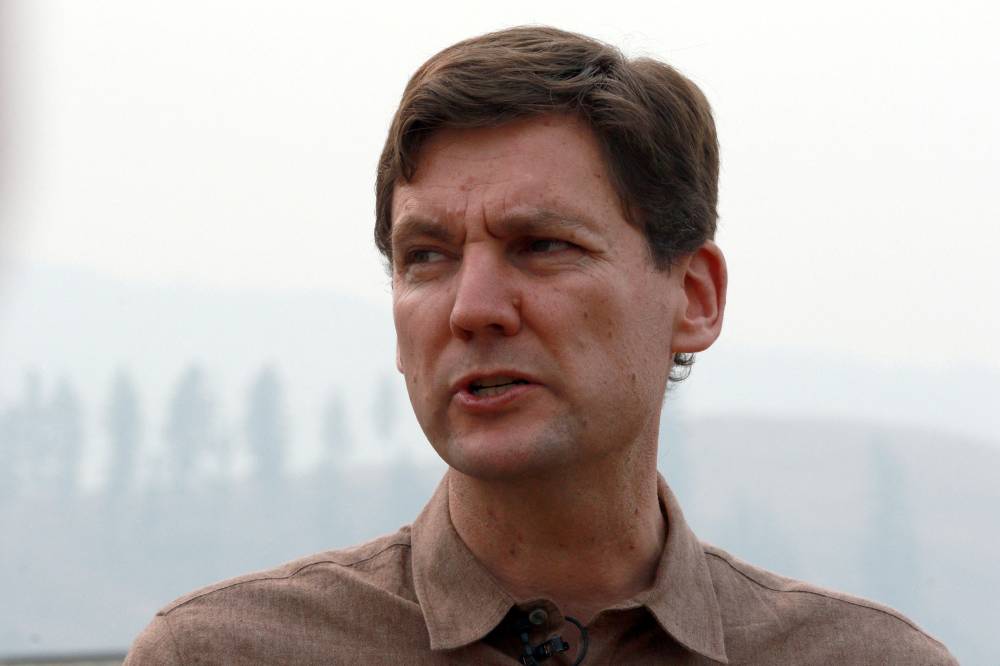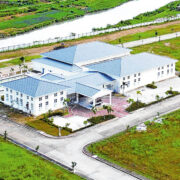Canada province dials back drug decriminalization

OTTAWA—Canada’s British Columbia province on Friday dialed back the decriminalization of the possession of small amounts of cocaine, heroin, fentanyl and other hard drugs following an outcry over soaring drug use in public spaces.
In a radical policy shift to address an opioid overdose crisis that has killed thousands, Canada’s westernmost province last year announced a pilot project allowing adults to carry up to 2.5 grams of these drugs for personal use without fear of arrest or fines.
Officials hoped this would remove the stigma associated with drug use that keeps people from seeking help, and foster the notion that addiction is a health issue.
But it has led to an explosion of open drug use in parks, at beaches, in hospitals, on transit and other public spaces across British Columbia, while leaving police struggling to respond to complaints of disorder.
‘Highest priority’
“Keeping people safe is our highest priority. While we are caring and compassionate for those struggling with addiction, we do not accept street disorder that makes communities feel unsafe,” British Columbia Premier David Eby said.
“We’re taking action to make sure police have the tools they need to ensure safe and comfortable communities for everyone as we expand treatment options so people can stay alive and get better,” he said.Police across British Columbia will now be able to seize illicit drugs and compel a person causing a disturbance related to drug use to leave the area, or arrest them.
‘Not a police matter’
The change, however, will not recriminalize drug possession in private residences, at overdose prevention sites or drug checking locations, according to a statement.
The move comes after Vancouver’s deputy police chief, Fiona Wilson, last week testified at a parliamentary committee about having “absolutely no authority to address problematic drug use” under the decriminalization pilot.
“If you have someone who is with their family at the beach, and there’s a person next to them smoking crack cocaine, it’s not a police matter,” she told the House of Commons health committee.
British Columbia had tried to curb drug use in public by bringing in restrictions last October on where drugs could be used.
But a court in December paused that law while it was being challenged, ruling it would likely result in more deaths, displacement and criminalization of people who use drugs. —AFP
AFP is one of the world's three major news agencies, and the only European one. Its mission is to provide rapid, comprehensive, impartial and verified coverage of the news and issues that shape our daily lives.

















